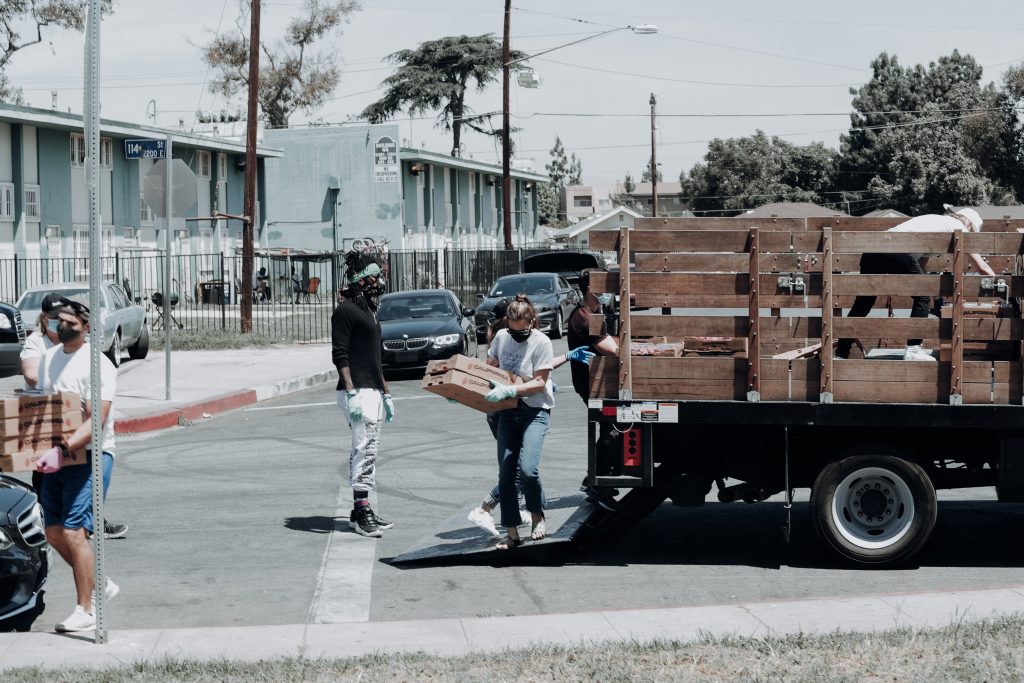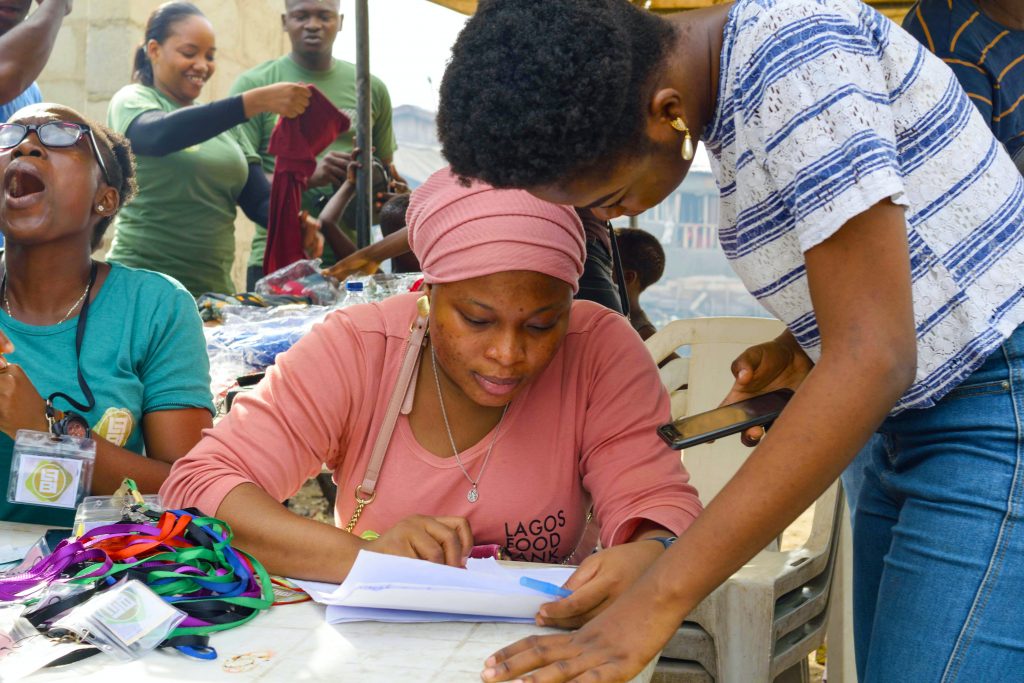Voluntourism is becoming one of the trendiest ways to travel and provide help in low socio-economic areas. It has become a rite of passage for many gap year students, with 1.6 million people volunteering overseas each year (Save The Children, 2017). Recently, many have criticised voluntourism, claiming it often does more harm than good. Although this criticism is mostly accurate, voluntourism is not a black and white issue (Elise Moussett, 2019).
The majority of volunteers embark with good intentions, and projects can still make a positive difference when carried out correctly. Wanting to help is a common and admirable reaction when hearing about people struggling to put food on the table. However, the impact and purpose of a voluntourism trip starts to crumble when the community’s needs aren’t met (Save The Children, 2017). There are significant issues when both volunteers and locals are taken advantage of. Hence, what exactly are the main issues with voluntourism that have made it gain such a negative reputation?
PROMOTES RELIANCE AND DISEMPOWERS COMMUNITIES
Voluntourism can be beneficial if the project contributes to the training or long-term development of an individual or community (Elise Moussett, 2019). However, most projects encourage dependency on a group of unskilled volunteers. In reality, what is needed is better training opportunities for locals and improved infrastructure (Elise Moussett, 2019). Having their own skilled workers would allow communities to help themselves rather than relying on foreign aid (Tina Rosenberg, 2018). As well as boosting the local economy, the increase in jobs would spare their dignity and uplift moral (Alicia Dubay, 2020).

Often, volunteers are not taught the real reasons behind the poverty and inequality of the region they are volunteering in. Seemingly helpful projects are used to distract from the structural issues in the community or country, which stops them from being addressed (Elise Moussett, 2019). Organisations and governments alike use volunteering as an excuse not to invest in long-term solutions for deeper issues (Elise Moussett, 2019). Instead, they rely on rushed, short-term programs which do little to improve the situation. This further disempowers communities, making it even harder for them to enhance their quality of life and become independent. Sustainable change happens when people can solve their own problems, rather than being dependent on others to do it for them (Tina Rosenberg, 2018).
IMMATURE SPENDING
Participants pay a lot for the privilege of volunteering. But where is that money actually going? Frequently, it is used to improve the experience of the volunteers, not for the actual charity work (Elise Moussett, 2019). This can include things, such as upgraded accommodation, better transport, and of course, plenty of food. With the voluntourism industry being worth $2.6 billion per year, volunteer organisations have hopped on the bandwagon and started running more tourist companies (Save The Children, 2017). Unfortunately, donations are often misused, because organisations don’t understand what the community needs. Most of what volunteers pay finds its way into the pockets of company heads rather than the people they are supposedly helping.
BREEDS WHITE SAVIORISM
Voluntourism runs the risk of being labelled as neo-colonialism. Voluntourism can perpetuate the notion that developing countries require the help of ‘superior’ Westerners to improve their situation (Elise Moussett, 2019). When people bring the attitude that they have come to help people, because they can’t deal with the issue themselves, it belittles that community and that culture. Consequently, this breeds and encourages a sense of egotistic entitlement for that person (Elise Moussett, 2019). If given the resources to do it, the locals would most probably be very capable of solving their own problems. It is often because of their socio-economic situation that they seek help from volunteer groups, not because they are lazy or incapable (Alicia Dubay, 2020). Ironically, it might be because of Western colonisation that a country is in that economic position in the first place.
Some volunteers are also more concerned about their own experience and don’t consider the impact they have on the community. They do not stop to think about whether they will actually contribute anything before setting off on their trip (Elise Moussett, 2019). For some it’s about feeling that sense of achievement and purpose even if no major change has been made. Voluntourists’ ability to change systems and alleviate poverty is very limited, because they simply don’t have the skills (Andrea Freidus, 2017) and they may inadvertently perpetuate patronising and destructive ideas about the places they visit.
QUESTIONS TO ASK IF YOU WANT TO VOLUNTEER

Does the project meet the needs of locals? An impactful organisation will work closely with the community and employ locals to figure out the best way the money can be spent. If the project is helpful it will empower the people.
Would you be contributing to a long-term solution to their problems? A good project will promote and support the sustainable development of the community and ensure it can become self-sufficient in the future.
How can I bring my skills into volunteering? If you are confident in teaching English for example then this may be a good project for you. Think of ways your experiences can help others.
Does the money go towards the community? Question whether the $2000 a fortnight you’re paying is actually going towards improving the lives of the locals, or if it is directed towards the volunteer company’s bank account. If you are spending that much money, you want it to go to where it is needed most.
WHAT ARE THE BENEFITS OF VOLUNTOURISM
As aforementioned, voluntourism is not a black and white issue. Many issues, such as encouraging dependency on untrained volunteers, unfairly distributed funds, and the perpetuation of white saviorism make voluntourism seem like a horribly destructive industry. However, there are ways in which it really can have a positive impact on both the volunteers’ and communities’ lives. In an increasingly xenophobic world, these kinds of cross-cultural engagement can help people understand and appreciate each other. It’s important to support programs that focus on deeper connections and not superficial, one-off encounters. You can do this by financially supporting ethical, respected organisations who understand and empower communities (Andrea Freidus, 2017). You can also help to educate and inform travelers on ethical, suitable volunteering options based on their relevant skillsets (Save The Children, 2017).
Find out more on the Thrive Project!
REFERENCES
Elise Moussett (2019). What is Voluntourism? Retrieved from: https://www.globalteer.org/voluntourism/
Save The Children (2017). The truth about voluntourism. Retrieved from: https://www.savethechildren.org.au/our-stories/the-truth-about-voluntourism
Andrea Freidus (2017). Volunteer tourism: what’s wrong with it and how it can be changed. Retrieved from: https://theconversation.com/volunteer-tourism-whats-wrong-with-it-and-how-it-can-be-changed-86701
Tina Rosenberg (2018). The business of voluntourism: do western do-gooders actually do harm? Retrieved from: https://www.theguardian.com/news/2018/sep/13/the-business-of-voluntourism-do-western-do-gooders-actually-do-harm
Alicia Dubay (2020). Voluntourism: the good and the bad. Retrieved from: https://www.worldvision.ca/stories/voluntourism-the-good-and-the-bad























